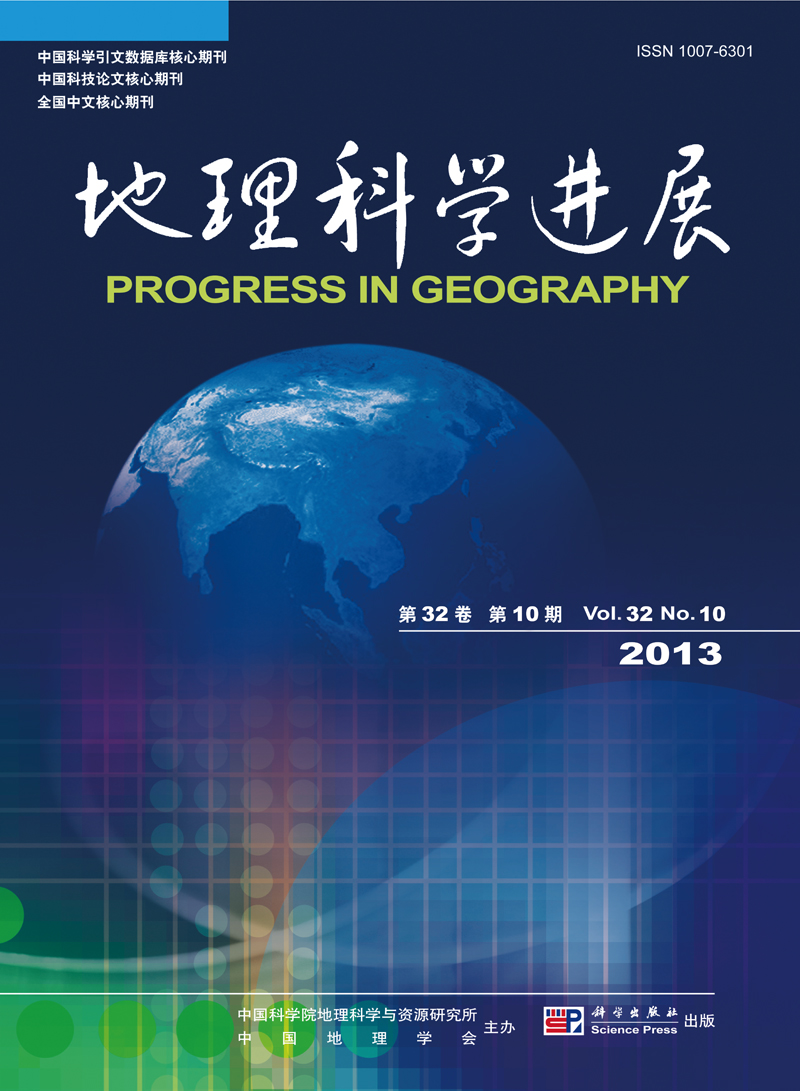LI Yajuan, CHEN Tian, WANG Kaiyong, WANG Jing
A community with an ethnic minority group as the majority of the residents is a special type of community. The unique nationality, culture and regionalism within ethnic communities attract the attentions of researchers at home and abroad. This paper first reviews the origin and the history of ethnic community research abroad, summarizes the key areas in urban ethnic community research, and discusses rural ethnic community research from the aspects such as influences, types, transitions of the communities, and tourism and perception studies. Domestic ethnic community research mainly includes the studies on connotation, evolution, development and impact on tourism. This paper compares the differences between the research at home and abroad in terms of field, method, object, theoretical basis and content. (1) From research field aspect, domestic studies focus on community types, influencing factors, spatial structure and development, from ethnologic, sociological and geographic perspectives, while the studies abroad emphasize on organization, social formation and social problem, from micro perspective of sociology and anthropology; (2) From research method aspect, majority of domestic studies adopt quantitative analysis and mathematical models, together with questionnaire, statistical information and satellite image. Foreign research is prone to study power center and relations between communities by using qualitative analysis of sociology, psychology, political economics; (3) From research object aspect, domestic studies pay more attention to rural ethnic communities, while development of urban ethnic communities is a key research area abroad, especially communities of different races within mega cities; (4) Foreign studies utilize the classical theory of typology and then expands to functionalism theory, human ecology theory, urban theory and the theory of community rights. Domestic studies adopt differential pattern theory with local characteristics based on the functionalism theory; (5) From research content aspect, domestic studies value connotation, influence factors, evolution features (traditional culture, land use, livelihood and language, etc.), tourism development and tourism impact research. Foreign researches study the education, medical treatment, employment, health, conflicts and crime problems of different races within an ethnic community. As discussed above, domestic research on ethnic community emphasizes on geographic and historic factors and pays less attention to social-cultural and political factors; the perspective hasn't been transformed from nature oriented to economy and society oriented. The research paradigm still lies at the level of spatial analysis and hasn't been shifted toward humane direction. The existing studies rest on the geographical concept of "community", focus on a single community, and ignore the communication and development between communities. Meanwhile, the studies lack in-depth analysis on residents' development from policy-making perspective. Finally, this paper puts forward seven future focuses for domestic ethnic community research, including, (1) factors influencing ethnic community evolution, (2) dynamic evolution mechanism, (3) residents' livelihood, (4) cultural heritage conservation and utilization, (5) economic structural coordination, (6) spatial form evolution and integrated development, (7) policy making for sustainable development.
